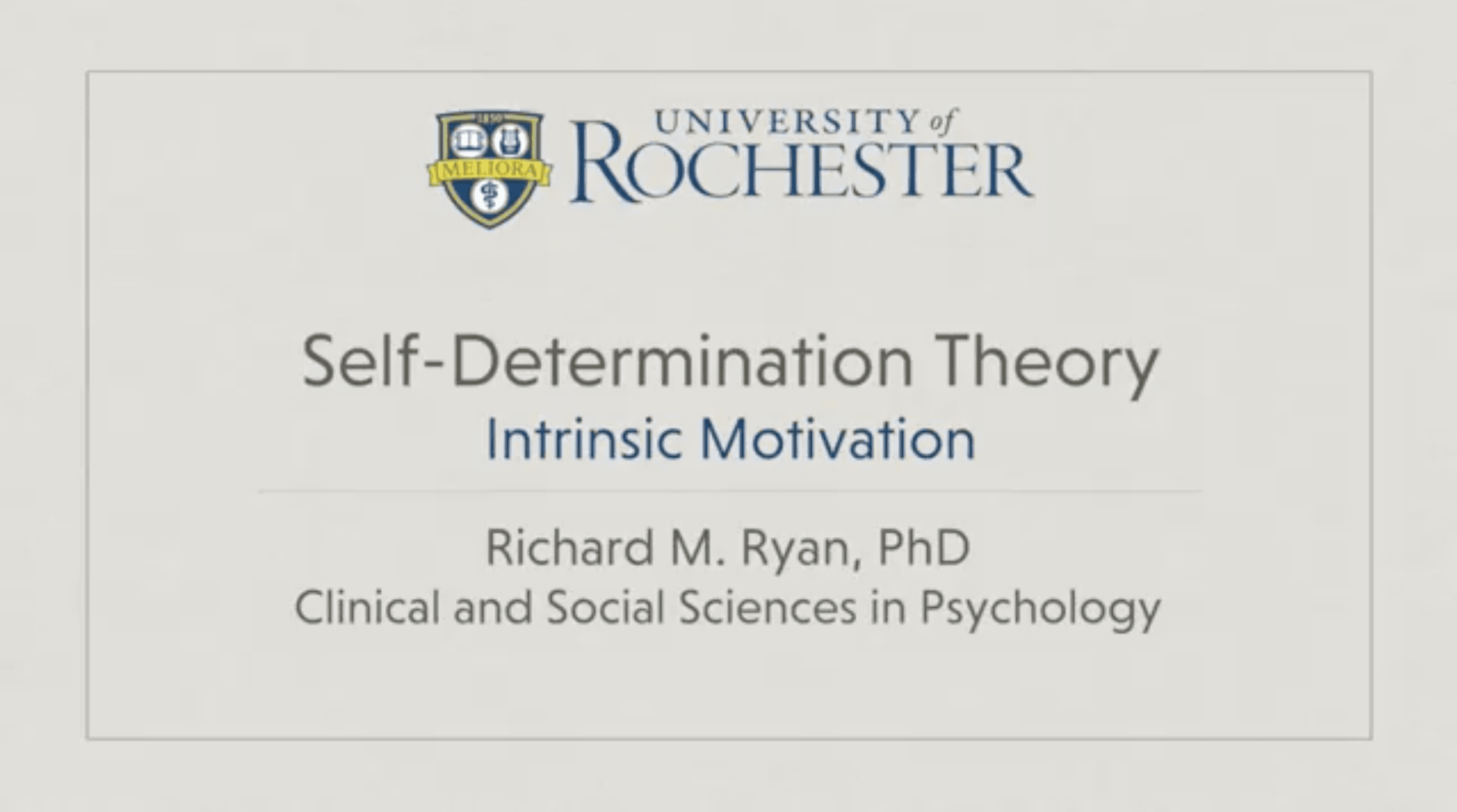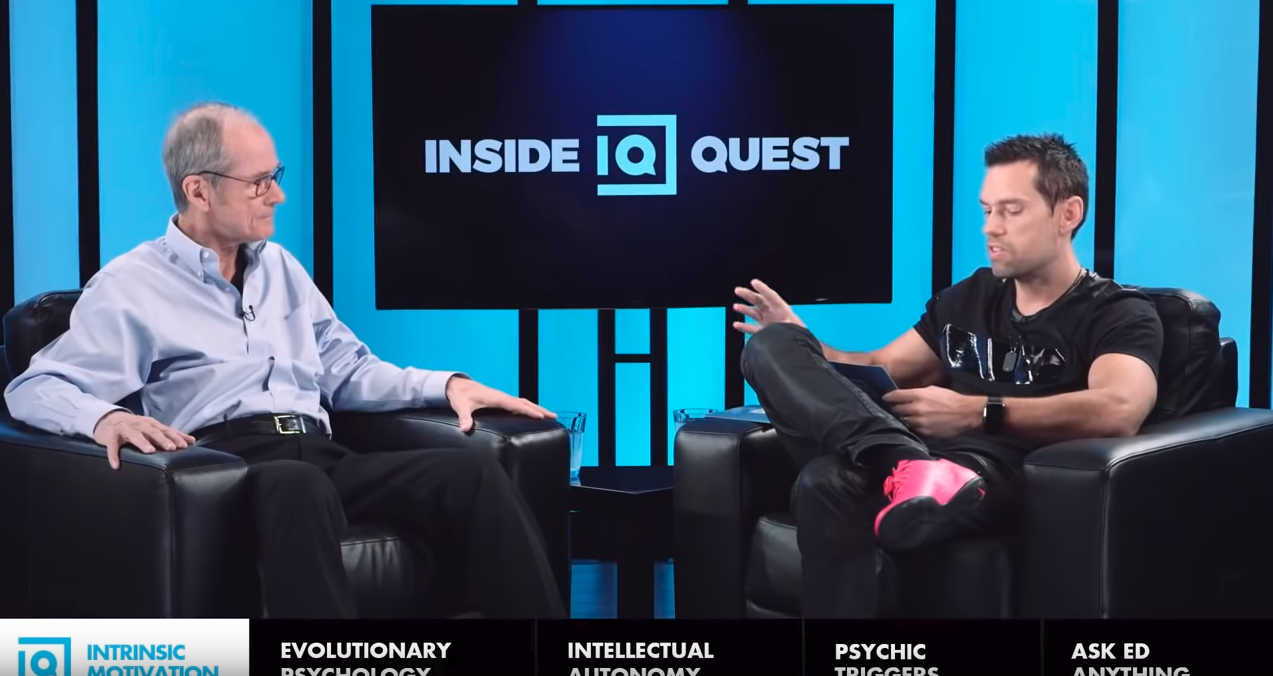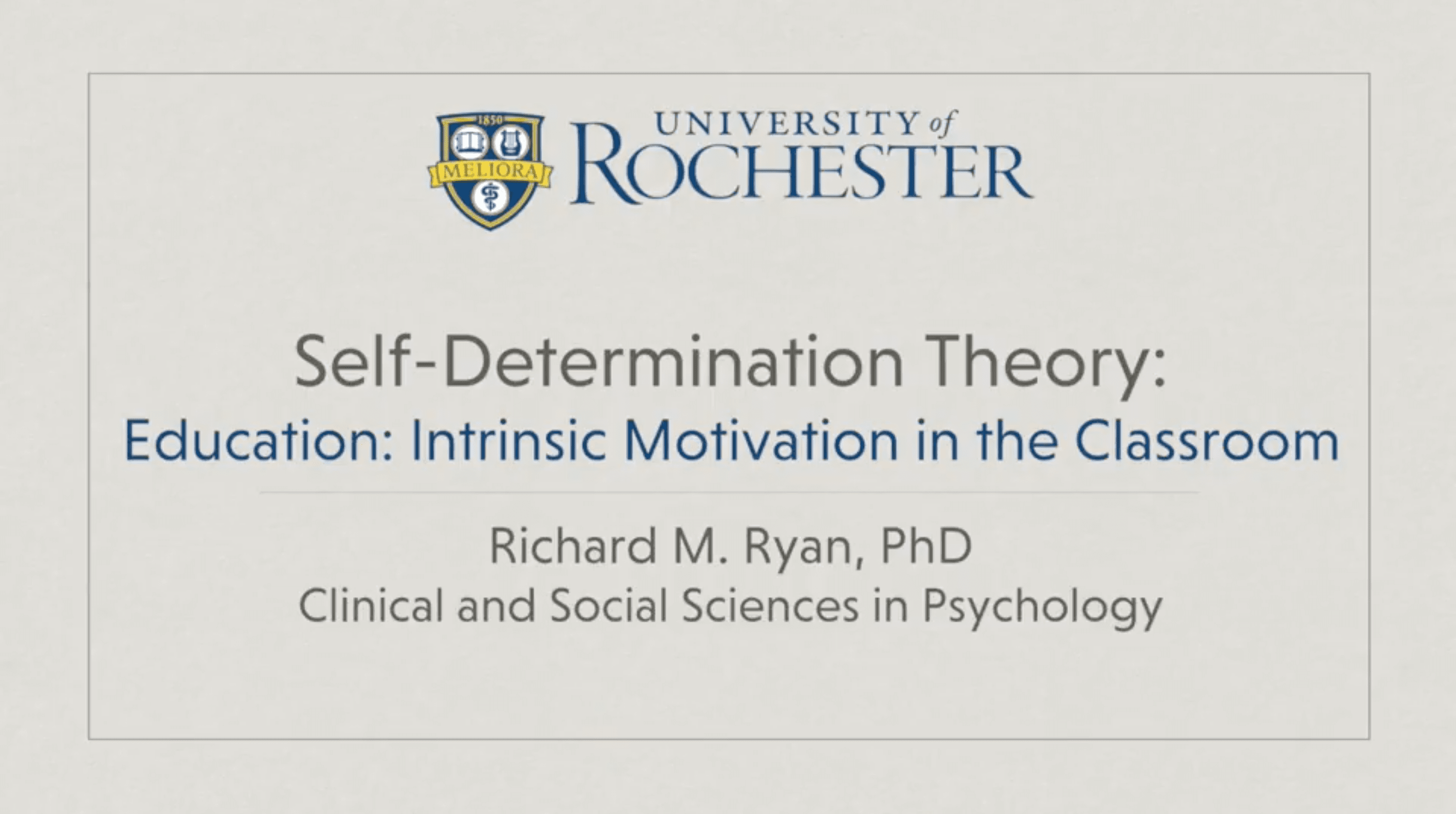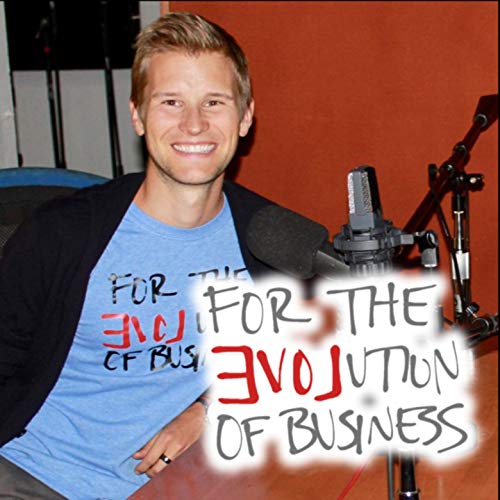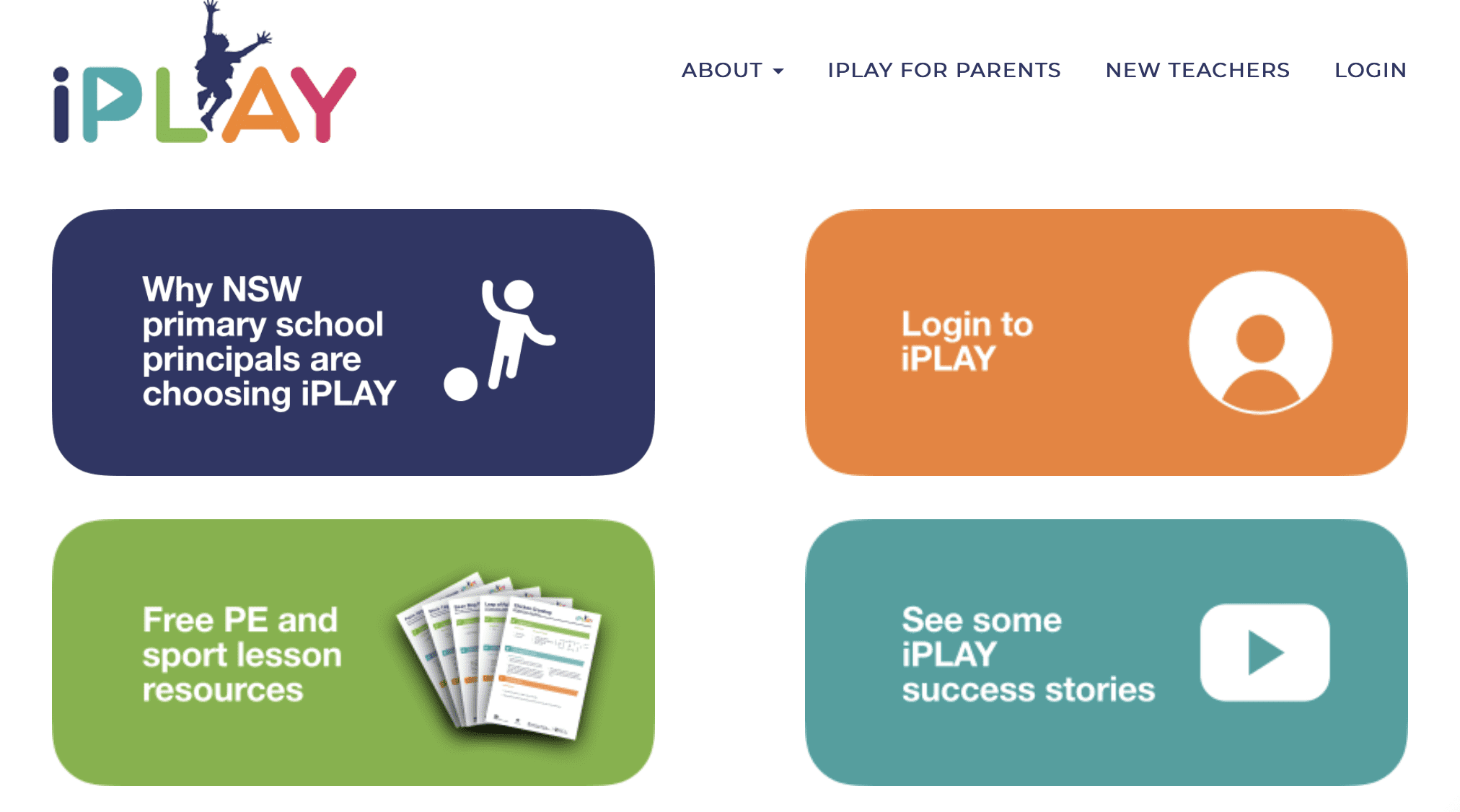SDT is a theory of motivation that champions the importance of considering not only the quantity or amount, but also the quality or types of motivation that characterize human and non-human animal behavior. When we say that a behavior is intrinsically motivated, we mean that the primary “reward” for doing that activity is the pleasurable feelings of interest or enjoyment that simultaneously accompany and are inextricably tied to doing that activity. In other words, the pleasure is intrinsic to the activity itself. By contrast, to the extent that behaviors are done for some consequence that could be considered separate from the activity, we call these behaviors extrinsically motivated.
Following from these definitions, within SDT, intrinsic motivation is a relatively narrowly defined category, whereas extrinsic motivation is a much larger and differentiated category. This is based on the fact that consequences separable from activities can take many forms, both external and internal. External consequences include things like tangible and symbolic rewards and punishments, social approval and rejection. Internal consequences can include emotional states like pride and shame reflectively experienced upon completion, or reflective feelings of satisfaction from attainment of a valued outcome. It is important to be clear that not all internal motivation is intrinsic motivation. To the contrary, internalized extrinsic motivation is very common. It is also apparent that few activities or individuals can be neatly characterized by a single form of motivation. Motivation in most contexts is a mixture of intrinsic and different forms of extrinsic motivation, all experienced simultaneously.
Colloquially, intrinsically motivated activities are commonly referred to as fun or playful activities, and are especially easy to observe in young children. In fact, SDT is one of many theories to posit that intrinsic motivation serves an adaptive function by energizing healthy development: physically, intellectually, and emotionally. That said, in their healthiest states, people of all ages are inquisitive, curious, playful, and active, perpetually seeking to explore and assimilate their inner and outer worlds. And while many non-human animals evidence intrinsically motivated behavior, cross-species comparisons reveal that human beings are especially so inclined. As Brown (2009, p. 58) observed: “Of all the animals, humans are the biggest players of all.”
Because intrinsic motivation is understood to be universally characteristic of health and well-being across all human cultures and stages of the life course, understanding the antecedents and consequences of supporting or undermining intrinsic motivation has practical implications in a very wide range of contexts and applied life domains.
In particular, this includes educational contexts — formal and informal, from early childhood and throughout our lifespans. By understanding the factors that impact intrinsic motivation, school administrators, teachers, and parents can promote intrinsic motivation, and consequently better learning outcomes and well-being. Leisure contexts are another setting where understanding intrinsic motivation can have practical advantages for participants, designers, and organizers. This includes sedentary leisure, mentally stimulating activities (like jigsaw and word puzzles) and physical activities (like hiking or rock climbing). Other major life domains where SDT’s framework for understanding intrinsic motivation has been applied include: workplace motivation, sport and exercise, healthcare and psychotherapy, religious practice, and most recently, electronic or virtual worlds.
Across all of these very different domains, several principles are consistently observed. The first of SDT’s six mini-theories, Cognitive Evaluation Theory (CET), is primarily concerned with outlining how events and features in the social environment impact undermining intrinsic motivation (Ryan, & Deci, 2017b). CET maintains that providing rewards, feedback, surveillance, competition, and many other external events will impact intrinsic motivation by virtue of satisfying or thwarting two psychological needs, autonomy and competence, and some but-not-all cases, a third need, relatedness. In general, external factors that support autonomy include providing meaningful options and rationale (Patall, Cooper, & Robinson, 2008). Factors that support competence include providing individually calibrated optimal challenges and informational or useful positive feedback (Fong et al., 2019). And factors that support relatedness include opportunities to give and receive warm regard, optimally in the context of stable ongoing relationships. Ultimately, however, whether an external event satisfies or thwarts any of these psychological needs is a matter of functional significance, a subjective experience colored by many factors, including a person’s unique temperament and history (Hagger & Chatzisarantis, 2011).

